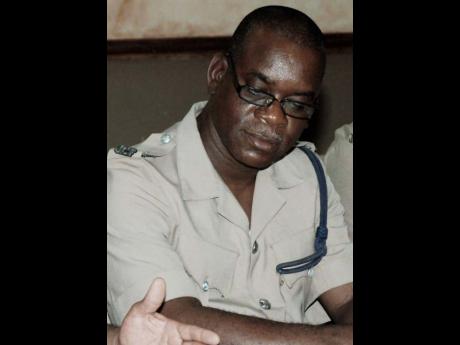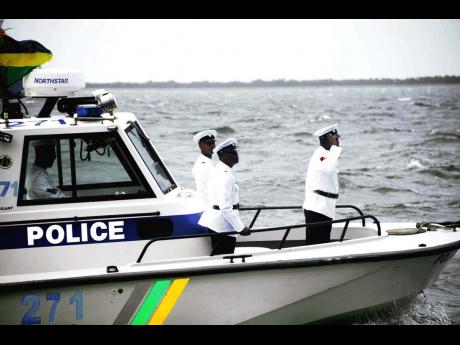Give us a marine police post - Robinson
HEAD OF the Clarendon Police Division, Senior Superintendent Maurice Robinson is calling for the erection of a marine police post in Clarendon to help deal with the illicit drugs-for-guns trade rampant on the southern coast of the parish.
"One of the things that could be helpful is if there is a marine section set up in South Clarendon to assist us to intercept the boats before they come to shore," Robinson told The Gleaner. "Once they (criminals) enter the south Clarendon waters, the porous points are so numerous that it is very challenging for police to cover all these areas at any one time."
Describing the parish as a transhipment point for illegal guns and cocaine flowing within the island and between Haiti and South America, Robinson said addressing the problem, particularly in Clarendon is critical.
"It is serious because Clarendon is one of the areas where the guns do come in and these guns are taken to other areas of Jamaica, such as the Corporate Area, St Catherine, and even sometimes to the western parts of the island. It is one of the conduits where a significant number of guns and cocaine come through and is distributed to the rest of the island," he said.
In the last year, some 30 persons have been arrested and taken before the courts in relation to the guns-for-drugs trade in the parish, and about eight firearms have been recovered, said Robinson. These were seized with the assistance of the mobile reserve and the marine patrol division, which assist the local police with intelligence-driven operations, said the senior superintendent. He added that in most of the busts, the criminals were preparing drugs for exportation to other territories, particularly Haiti.
According to Robinson, in addition to patrolling the known problem areas frequently, the police have been sensitising fishermen in south Clarendon, some of whom may be involved in the trade, about the ills of the activity and its implications on national development. The sensitisation has not taken off as well as the police would have wanted, but it is slowly gaining traction, noted Robinson.


